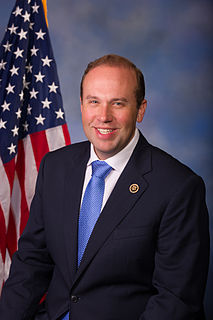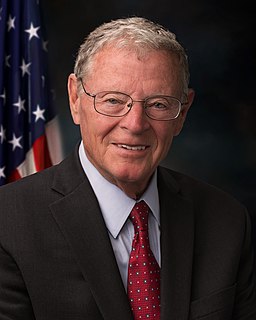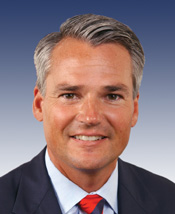A Quote by Sam Graves
The RFA requires federal agencies to assess the economic impact of their regulations on small firms, and if significant, consider less burdensome alternatives. Federal agencies sometimes fail to comply at all, or simply 'check the box,' fulfilling the letter of the law, while missing the purpose of the law entirely.
Related Quotes
We needed to be uncompromising with our workforce, to expect 100 percent of our employees to comply 100 percent of the time with complex and ever-changing government mandates. Striving to comply with every law does not mean agreeing with every law. But, even when faced with laws we think are counter-productive, we must first comply. Only then, from a credible position, can we enter into a dialogue with regulatory agencies to demonstrate alternatives that are more beneficial. If these efforts fail, we can then join with others in using education and/or political efforts to change the law.
I believe there are a lot of questions today that require expert analysis by various agencies: political agencies, foreign ministries, economic agencies and security agencies. We need to assess everything and understand what we can agree on and what the implications will be both for Japan and for Russia so that both the Russian people and the Japanese people come to the conclusion that these compromise solutions are acceptable and are in our countries' interests.
Today, we will hear from federal law enforcement agencies, the Federal Bureau of Investigation and the Bureau of Alcohol, Tobacco, Firearms, and Explosives, who will discuss the problem of ELF and ALF and law enforcement's reaction to their dangerous and destructive tactics. It is these tactics, particularly the widespread use of arson, which makes ELF and ALF the #1 domestic terror concern over the likes of white supremacists, militias, and anti-abortion groups.


































